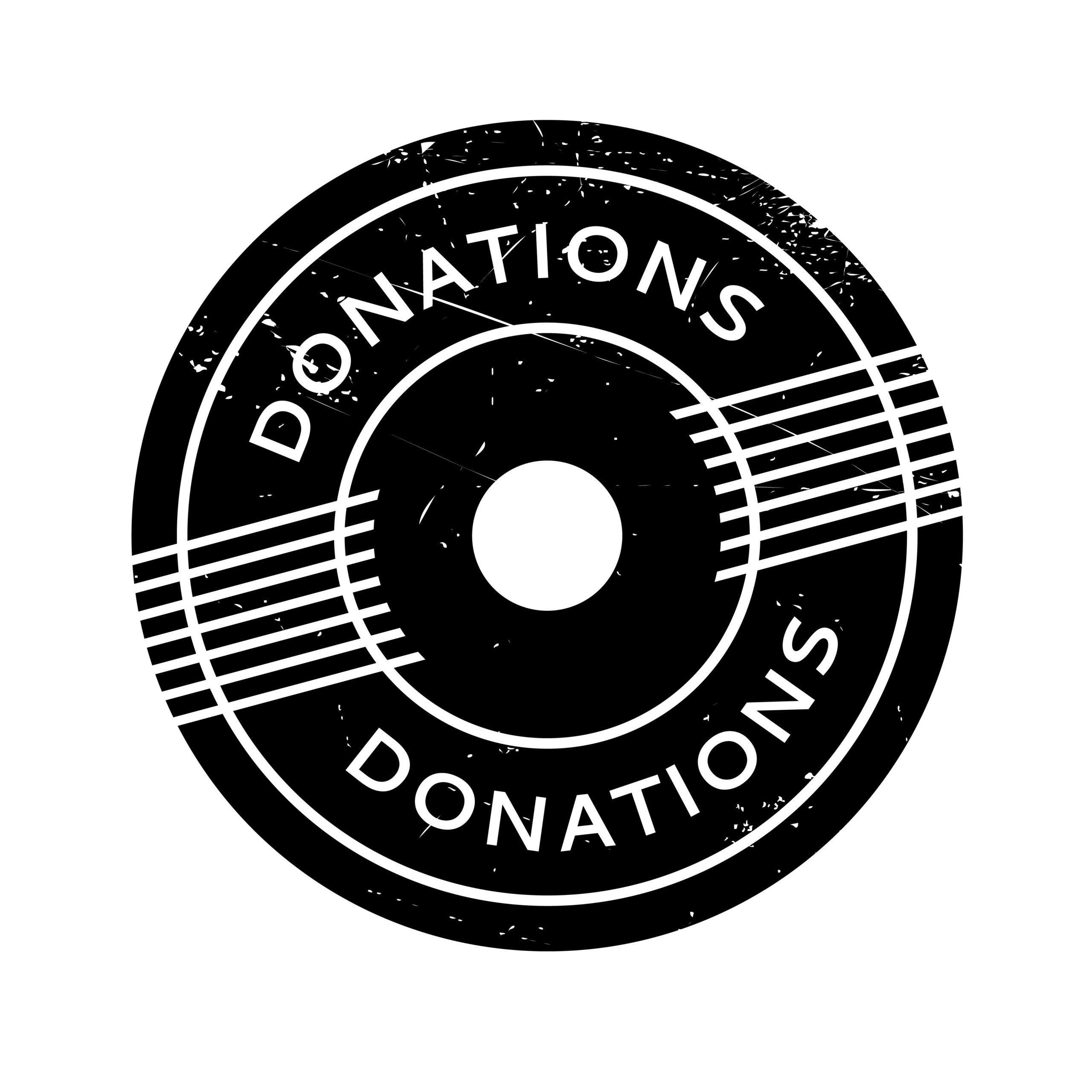The Israeli Tax Authority (ITA) announced on April 9 that all Israeli charities must issue digital receipts starting January 1, 2025. That’s if they want their donors to go on enjoying Israeli tax relief under Section 46 of the Income Tax Ordinance.
This follows hot on the heels of electronic e-invoicing for Israeli businesses which began on May 5, for Israeli business transactions over NIS 25,000 before VAT.
The aim is to reduce tax fraud using phony invoices and receipts, which is substantial.
How will it work?
The charity will generate donation receipts on software that is hooked up to the ITA’s online computer system. They will generally include the identity number of the donor. The ITA system then immediately issues a unique registration number which goes into the digital receipt and into the taxpayer’s own online “personal area” (i.e. account) on the ITA system.
How will the charity implement it?
First the charity must re-register for digital services on the ITA system (see below). Then the charity should check with that it’s receipts software provider has take steps to upgrade its product so that it can hook with the ITA system.
Stick and carrot:
Donors to Israeli charities approved under Section 46 of the Israeli Income Tax Ordinance generally enjoy an Israeli tax credit in the year they make donations. For individuals the tax credit is generally 35%, for companies generally 23%. These tax credits reduce the tax bill not income. So if Moshe donates NIS 1,000 to a Section 46 charity, his tax bill (not income) should decrease by NIS 350. This is generous but there are limits. In 2024, the tax relief is limited to charity donations of at least NIS 207 but no more than NIS 10,354,816 and no more than 30% of taxable income. Any excess may be carried forward to be used in the next 3 tax years. The tax credit is usually claimed on the annual Israeli tax return although there is a rarely used procedure for giving the tax break through the payroll of donors who are employees, if various conditions are met (Tax Circular 7/2012).
From 2025, a Section 46 charity must issue digital receipts for all donations received.
What about anonymous donations?
These will still be possible, but the donor would generally forfeit his tax credit (but see below).
What about small door-to-door fundraising?
The donor should keep the original digital receipt, which must be pre-printed with the amount of the donation. In this case a tax credit may be claimed.
What about paper receipts for donations?
The ITA plans to introduce a second system to issue numbers for charities to manually enter on donation receipts. But the ITA says this will be inefficient.
Who can be trusted at the charity?
The Charity management must designate the responsible person(s) in overall charge and a lawyer must confirm this on a special form. This responsible person must register at the ITA personal area (Azor Ishi) then he/she must register the charity in the personal area and attach a copy of the lawyer’s confirmation that he/she is in overall charge, The responsible person may then perform actions on the ITA system and/or delegate this work. The responsible person need not sit on the charity board, but must be an adult Israeli citizen
Comments:
Digital receipts will be required in 2025 for donations of any size. By contrast, a business needs an Allocated Number to issue an invoice over NIS 25,000 (before VAT) in May 5-December, 31 2024. This decreases to NIS 20,000 in 2025, NIS 15,000 in 2026, NIS 10,000 in 2027, NIS 5,000 in 2028.
In the future, donors who don’t claim their charity tax relief may get a reminder from the ITA in the form of “green envelopes” summarizing their donations in the taxpayer’s own online “personal area” on the ITA system.
So if you are a big donor, big brother at the ITA immediately knows this, don’t claim to be a small fish with no income.
There’s no mention of any changes for US Olim. Currently, to claim a deduction on their US tax return and a credit on their Israeli tax return, US Olim typically donate to US charities approved under IRC 501(c)(3) that are “friends of” an Israeli charity approved under Section 46. This is under special rules in the US-Israel tax treaty.
For non-Israeli donors, it is presently unclear whether the digital invoices can capture foreign passport numbers.
Next Steps:
Please contact us to discuss any of the above matters further, or any other matter.
As always, consult experienced legal and tax advisors in each country at an early stage in specific cases.
(c) Leon Harris 7.5.2024


Leave a Reply